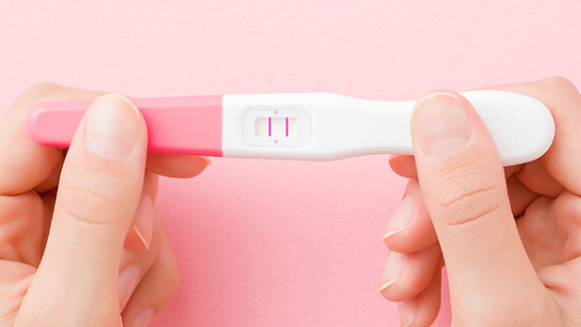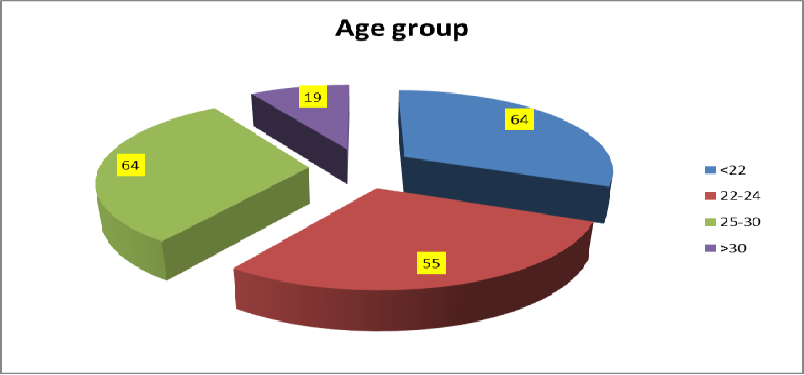Introduction
Pregnancy is a beautiful and complex journey. It’s also a time when the dietary choices of expectant mothers can significantly affect both their health and that of their unborn child. One such dietary component under the spotlight is sodium. This article explores the intriguing question: Can too much salt cause miscarriage? Let’s unravel the mystery together.
Understanding Sodium: Basics and Function in the Body
Sodium is a mineral found naturally in many foods and is most commonly consumed in the form of table salt, which is chemically known as sodium chloride. This essential nutrient plays a critical role in our bodies, facilitating nerve impulse transmission, muscle contraction, and fluid balance. But, it’s crucial to understand that while sodium is necessary for these functions, balance is key.
Read More: Salt and Pregnancy Complications: A Proposal for Future Research
Recommended Sodium Intake
The American Heart Association recommends that adults limit their sodium intake to no more than 2,300 milligrams (mg) per day, ideally aiming for 1,500 mg for optimal health benefits. During pregnancy, sodium needs do not significantly increase, and staying within these guidelines remains important.
The Impact of Sodium Intake on Health
While sodium plays vital roles in the body, like maintaining fluid balance and blood volume, excessive intake can lead to health complications, including hypertension (high blood pressure) and heart disease. The balance becomes even more critical during pregnancy due to the sensitive nature of this phase.
Read More: Exploring the Safety of Hibiscus Tea, Pickle Juice, Vitamin C, and Chili
Sodium and Pregnancy: What the Research Shows
Scientific research on sodium intake during pregnancy reveals a delicate balance. Some studies have associated high sodium intake with elevated blood pressure, a condition that, in its extreme form, can lead to preeclampsia—a serious pregnancy complication. However, it’s essential to clarify that the research does not straightforwardly link excessive sodium consumption to miscarriage.
Sodium and Miscarriage: Unpacking the Potential Connection
The possibility of excessive sodium intake leading to miscarriage remains an area with limited research. Thus far, no direct link has been definitively established. However, as mentioned, high sodium intake can contribute to hypertension and, potentially, preeclampsia, both of which increase the risk of adverse pregnancy outcomes, including miscarriage. Hence, maintaining recommended sodium levels is critical.
Other Dietary Factors that Could Impact Pregnancy
While sodium is an important aspect of diet during pregnancy, it is by no means the only nutrient of concern. A balanced, nutrient-rich diet is key to a healthy pregnancy. It’s important to monitor the intake of essential nutrients such as iron, calcium, folic acid, and vitamins B12 and D, among others.
Maintaining a Healthy Diet During Pregnancy
Managing your sodium intake during pregnancy is just one part of maintaining a healthy diet. Pregnant women should aim for a diverse diet rich in fruits, vegetables, lean proteins, and whole grains. Being mindful of processed foods, which often contain hidden sodium, can also help manage sodium levels.
Consultation with Healthcare Professionals
It’s always a good idea to discuss your dietary habits and concerns with a healthcare professional during pregnancy. They can provide personalized advice tailored to your specific needs and conditions. If you have concerns about your sodium intake or any other dietary issues, don’t hesitate to reach out to them.
Conclusion
While the role of sodium in the risk of miscarriage remains somewhat ambiguous, what’s clear is the importance of a balanced diet during pregnancy. Moderation is key, especially when it comes to sodium intake. If you’re pregnant or planning to conceive, always consult with a healthcare professional to make the best dietary choices for you and your baby.





